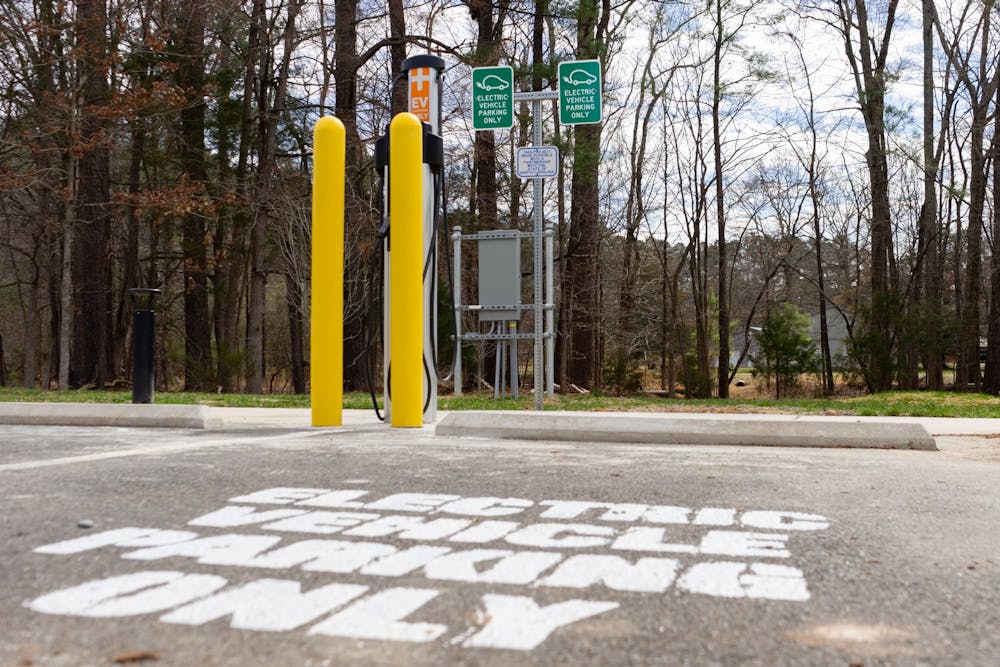A Vietnamese auto manufacturer will build a new electric vehicle facility in North Carolina, according to a March 29 press release from Gov. Roy Cooper.
Spanning nearly 2,000 acres, VinFast's new factory in Chatham County will produce electric cars and buses, as well as batteries to power the vehicles. This will be the state's first car manufacturing plant.
VinFast hopes to begin vehicle production by 2024, with 150,000 vehicles per year. Capacity will expand following construction of additional phases of the plant, according to a press release from the company.
The factory is set to create 7,500 new jobs, and with $2 billion worth of investment, it is the largest economic development announcement in North Carolina history, according to Cooper's press release.
Michael Smith, president of the Chatham County Economic Development Corporation, said that about 40,000 people each year graduate from higher education institutions that are located within an hour of the proposed plant site.
“The impact will be dramatic in terms of bringing new people to the region and helping people that are already in this region get new jobs,” Smith said. “There will be an increase in everything from home sales and car sales, to dry cleaning and fuel sales, to people eating lunch and dinner.”
VinFast is part of a trend of sustainable industrial development in North Carolina.
Toyota announced in December that it will build an electric vehicle battery plant in Randolph County. Cooper further encouraged these developments in January when he signed an executive order establishing a path to a clean energy economy.
In Chapel Hill, the transit system introduced three new electric buses at the end of last year.



